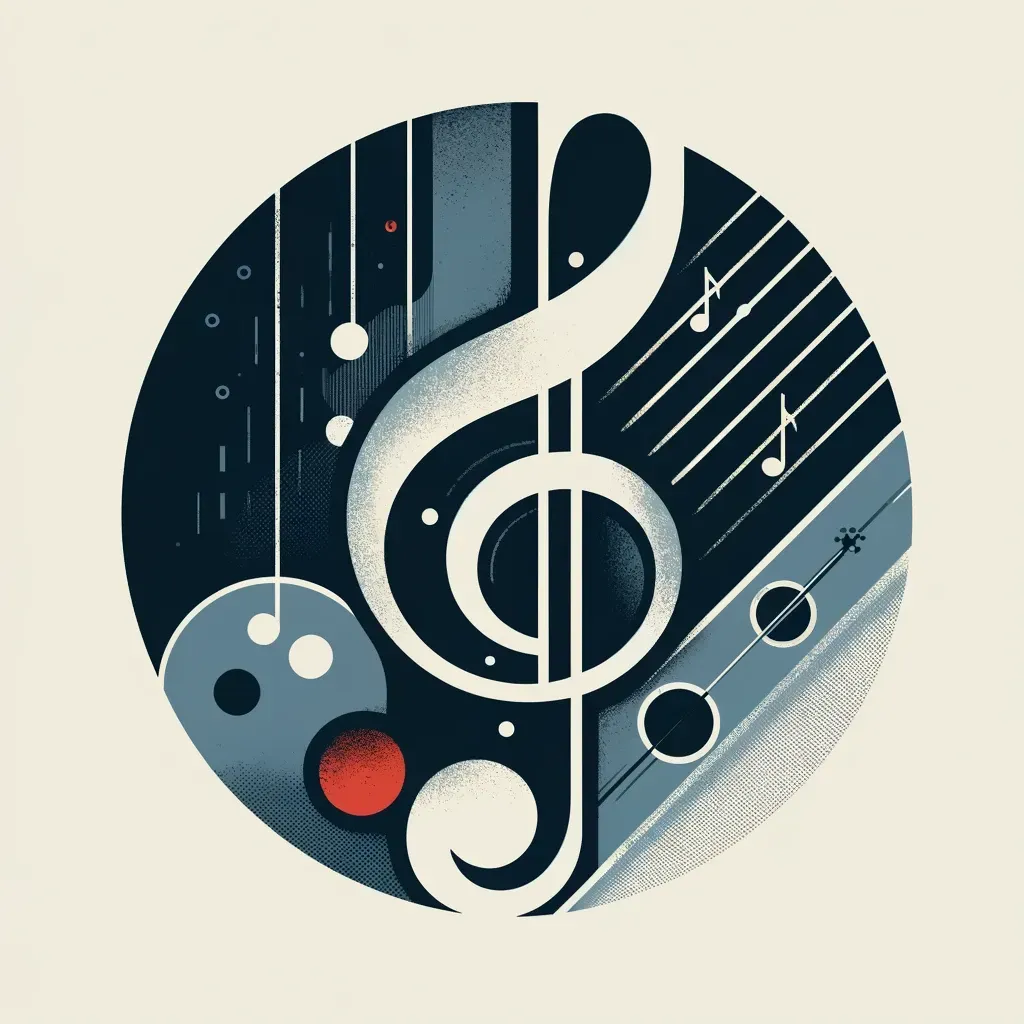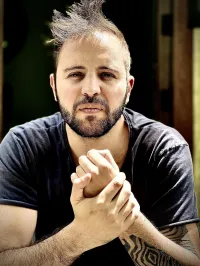
3 Uncommon Traits To Look For In The Best Music Teachers

Every year, over 25,000 students graduate with a music degree. These students have the ability to solo over nearly any jazz standard, sight-read the most difficult classical pieces, and play music by ear. While there are thousands of incredible musicians graduating from music school each year, this does not necessarily mean they are equipped to be effective music teachers.
Exceptional musical talent does not translate to exceptional teaching abilities.
Given the competitive nature of the music industry, many of these graduates will turn to teaching to make a living. Unfortunately, most don’t excel in this role and are doing it out of necessity.
The Impact of Poor Music Teachers
I have encountered both exceptional teachers, where years of progress were condensed into months, and ineffective ones, where I was essentially self-studying with minimal guidance.
You want to avoid the terrible teachers at all costs. Not only will they charge you the same amount, but they will steal the joy of music away from you, and have you practice with poor technique where you can injure yourself.
I wonder how many bad teachers robbed the world of the next virtuoso. Either through taking away the joy of music, or through teaching poor technique so their students' hands were crippled with carpal tunnel.
As a student, teacher and now as a business owner, I have learned to look for certain traits in a teacher that go beyond mere technical proficiency. Here are three uncommon but crucial traits I seek in teachers today:
Understanding of Modern Music Tools

Understanding modern music tools is essential for today’s musicians. If a teacher lacks a basic understanding of Digital Audio Workstations (DAWs) like Pro Tools, Logic Pro, or Ableton Live, virtual instruments, plugins, and the process of creating a track from scratch, they are likely relying on outdated teaching techniques.
We have the most powerful music making tools at the tips of our fingers, yet so many teachers take an old school approach to learning music.
Practicing scales, and learning songs.
Both of these are a necessary evil when it comes to learning how to play and write your own music, but they are the starting point. The goal for every musician should be the ability to express themselves with their instrument, and today teenagers are making chart topping songs in their bedrooms (Just look at Billie Eilish).

Billie Eilish's song peaked at 72 on the charts. She wrote this when she was 16
Most students are inspired to learn music because they hear a song and think, "How can I create something like that?"
Whether it is a guitar solo, a beautiful chorus or a simple melody, students come in because they are struck with the wonder of making music.
We have tools to create music that bands from the 60’s could have only dreamed of. Yet so many music teachers never take the time to learn how to create a compelling piece of music. How to record themselves. How to produce a track. How to mix a track. How to release a track.
Instead, so many music teachers get lost learning the music of other musicians, afraid to actually write and release something of their own.
This is the majority of teachers.
They lack understanding of how to use a DAW, the process of developing a song from an idea to its release, and consequently, they pass on these gaps in knowledge to their students.
While they may play their instruments exceptionally well, so do the 25,000 music graduates entering the field each year.
We should expect our teachers to not just play their instrument well, but to understand the tools of a modern musician, of a modern composer.
We are left with a ton of students who can play their instrument, but have never written a song from A-Z.
These students go on to become teachers and the cycle continues.
So when looking for your next teacher ask the following…
When was the last song you wrote and released?
What DAW do you use to track ideas?
How do you incorporate music technology into your lessons?
Making Sure Their Teaching Roadmap Reflects Your Goals as a Musician.

This is why most musicians quit
When I was learning the cello, my teacher used the Suzuki method, a structured approach involving a specific sequence of books and songs designed to enhance cello skills. However, I quickly realized my mistake: I had no interest in classical music. While I adored the cello's sound and movie scores, I disliked 90% of the pieces I was required to learn, resulting in minimal practice.
What are your goals as a musician?
Do you want to learn classical pieces and play in a classical quartet? Do you want to learn how to play modern rock songs to play with your friends? Do you want to learn how to write, produce and release songs?
Your teacher should have a roadmap of where they take their students. Does that reflect the destination where you want to go?
Now the best teachers are able to develop their own roadmap, and not rely on a series of books to teach their students. They have checkpoints each student has to pass, but to get from checkpoint A to checkpoint B can vary from student to student.
For example, you need to learn your open chords on guitar. One student might learn Taylor Swift songs, while the other might learn Green Day.
Now the worst teachers don't have a roadmap at all, and try to take in any and every student promising the world for a paycheck.
When choosing a music teacher, ask yourself:
What can I expect to learn in a month? In three months? In a year?
How much daily practice is needed to achieve these goals?
Are these goals aligned with what I actually want to learn?
How does the teacher conduct accountability check-ins and make practice enjoyable?
A music teacher should be approached similarly to a nutritionist or personal trainer, each helping you develop new skills, whether it's eating better, getting in shape, or playing and writing music. Great nutritionists provide diet plans, daily check-ins, and calorie counts; personal trainers design customized fitness plans.
Yet music teachers often rely on a series of books for their students.
So when looking for a new teacher ask.
What is your student roadmap for learning?
How do you help me stay accountable?
Where can I expect to be in 3-6 months?
Communication Skills
Music is hard.
It is a physical and mental discipline that requires precise muscle movements and a deep understanding of music theory.
When both of those come together you are able to create something that can bring a grown man to tears, flood your grandmother with memories of her childhood, or get a crowd of thousands to sing in unison.
Music is hard, but worth it.
When you are looking for a teacher, having the ability to both break down complex music theory, as well as body mechanics is really important. This is akin to a basketball coach explaining the perfect shot technique combined with a engineer detailing how each part of a rocket works together to achieve orbit.
A music teacher needs to break down the mechanics behind your finger movement and explain how each chord in a song comes together.
Communication is one of the most unappreciated skills in music teachers.
Let me describe two different music lessons to you.
Lesson A: You arrive, take out your guitar, and begin working through scales. You mention an uncomfortable stretch to your teacher, who says, "watch me," and slowly repeats the action. You mimic the action repeatedly until it's manageable, then proceed to learn a song with a standard chord progression.
You practice this together and then leave.his one action over and over again, you finish your scales and move on to learning the song.
Lesson B: You arrive, take out your guitar, and begin working through scales. You mention an uncomfortable stretch, and instead of saying "watch me," your teacher explains that adjusting your thumb position behind the neck can ease the shift. You quickly grasp this adjustment and move on to the day's song, which has an unusual chord progression. Rather than just practicing the changes, your teacher explains why this progression sounds good, detailing how each note leads into the next. You leave with a better understanding of music and can apply this knowledge to your own compositions.
This is why verbal skills are so important in music teachers.
Not only will your technique improve faster, but you will have a better understanding of why the music you like sounds good.
Now if you are looking for a music teacher that focuses on songwriting, producing, mixing and releasing music, go ahead and take a look at how “The Artist Path” teaches music.

Join Our Email List
Learn about songwriting, producing, mixing and releasing
© The Artist Path
Privacy Policy | Terms and Condition

